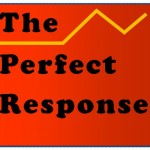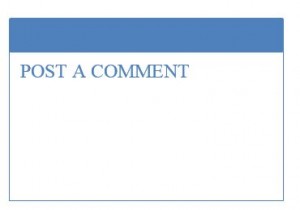
There is truth in the irony that our most cherished possession is not exclusively ours to own.
We think that our most precious possessions are the things we have acquired or the relationships we have. But for many people the “right” to tell their own story looms just as large. Narratives of our personal or tribal lives may be the keys to understanding who we are and where we came from. But in fact they are not exclusively ours to tell. We don’t have proprietary rights to our own personal histories.
This is both self-evident and enormously consequential. It’s not just that we can’t easily agree even about the foundational stories about our collective past. What Christopher Columbus or Thomas Jefferson or Abraham Lincoln actually achieved will always involve contentious narratives. We can also be unpleasantly surprised by accounts of ourselves offered even by friends or relatives.
It’s apparent that anyone can write someone else’s biography. Even biographers who are out of favor with their subjects or never met them are frequently eager to weigh in with their own versions. For example, we are presently surrounded by multiple narratives that recreate the life of Apple co-founder Steve Jobs. There’s Walter Isaacson’s 2011 best-selling biography (Steve Jobs, 2011) and the forthcoming Aaron Sorkin film based on it. Both recognize Job’s vision for turning computing into a necessary life skill. And both portray a garage innovator with a knack for ingenious design and an inability to acknowledge his co-visionaries. Then there’s Alex Gibney’s very different documentary (Steve Jobs: The Man in the Machine, 2015) detailing a single-minded marketing genius reluctant to engage with the unpleasant facts surrounding the Chinese factories that produce Apple products. Amazon currently lists about ten books on Jobs. The point is that we can count on each version to offer a different person to readers.
The same is true for groups that seek power or legitimacy in the larger culture by presenting what are sometimes very different accounts about their pasts and their aspirations. What’s the story of Scientology? It depends on who you ask. How has the institutional life of Catholicism evolved since revelations of widespread child abuse were widely reported at the beginning of the new century? Skeptics and admirers routinely compete for attention to relay their stories. In many ways the fissures that are spread across the culture deepen over time, often expanding into complete fault lines as interested parties vie for media access to “get their story out.”
There’s a whole lexicon of useful terms to represent these divisions. We talk not only about “narratives,” but also “contested narratives,” “counter-narratives,” “preferred narratives,” “backstories,” “storylines,” “myths,” “legends,” “lore,” “rumors” and “histories” that are disputed as “more fiction than fact.” Facebook champions an individual’s own preferred narrative: a kind of carefully constructed window display of one’s life. Most other digital outlets focusing on the culture of celebrity capture readers by taking a very different turn: favoring counter-narratives and backstories. Sometimes they are even true.
Novelists who would seem to have the advantage of exclusive use of the products of their imagination are inclined to end up in tangles of their own making when readers find possible connections to the writer’s biography. Readers can also be unforgiving if a scribe borrows another’s particularly traumatic narrative. A few years ago the prolific Joyce Carol Oates came under criticism in New Jersey for embellishing on a news story about a college student found dead in a campus garbage container. The short story, Landfill, was published in the New Yorker, to the chagrin of the student’s family and others in the region.
For all of our hope that our stories can be communicated in ways that bring us the credit we seek, the fact is that we can never claim rights to exclusivity. Ask anyone who has recently been in the news how well their views have been represented or how they were characterized. You are apt to get a response of mild frustration. What we see in ourselves is probably not what those who retell our stories are going to report. For individuals or groups without power this is sad to witness. Groups lose something basic when they lack the means to communicate their preferred narratives. The rest of us battle on, even occasionally discovering a narrative that gives us far more credit than we deserve.
Comments: woodward@tcnj.edu

